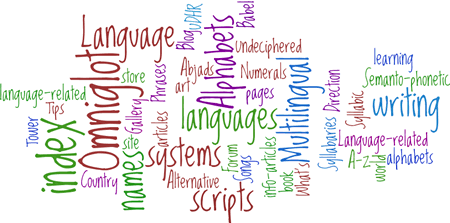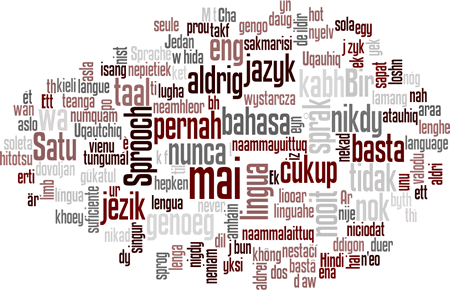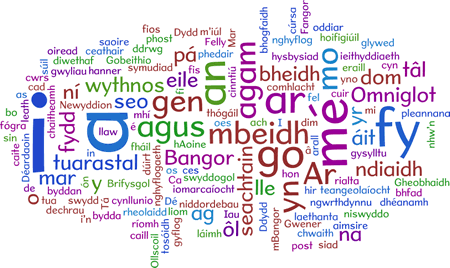eduFire, a language learning site I heard about recently. It’s designed to bring together language learners and tutors via the web using what they call ‘live video language learning’. Tutors can set their own fees, a small proportion of which is retained by the eduFire people as service charge, and students can try sample video lessons and talk to other students before deciding on a tutor. The most popular languages are Arabic, English, French, German, Italian, Japanese, Mandarin, Portuguese, Russian and Spanish.
eduFire are giving away free one-hour tutoring sessions for readers of this blog. The first ten people to email freetutoring@edufire.com will receive a coupon code that allows their session to be complimentary.
Don’t forget the My favourite kanji competition, by the way. I said that the closing date for entries is today, but as I’ve only received two entries so far, I’ll extend that to the end of July.
Apologies for the lack of language quiz yesterday. This was due to server problems. As I know you enjoy these quizzes … here’s a recording in a mystery language. Can you guess or do you know which language it is?


